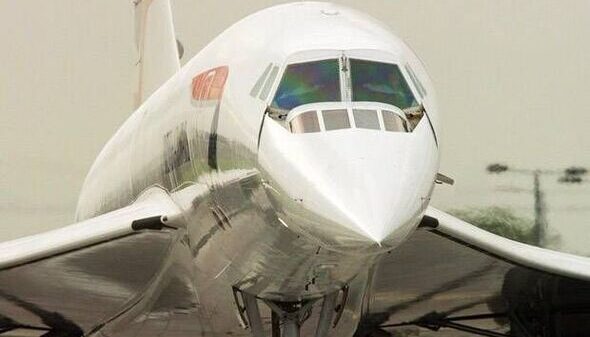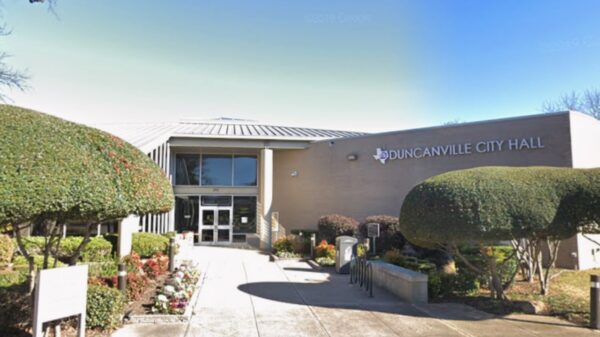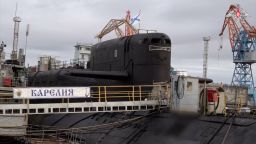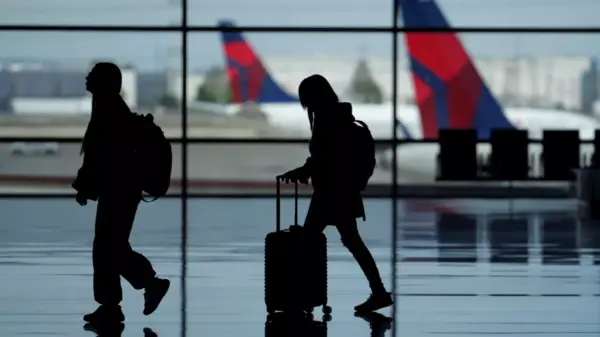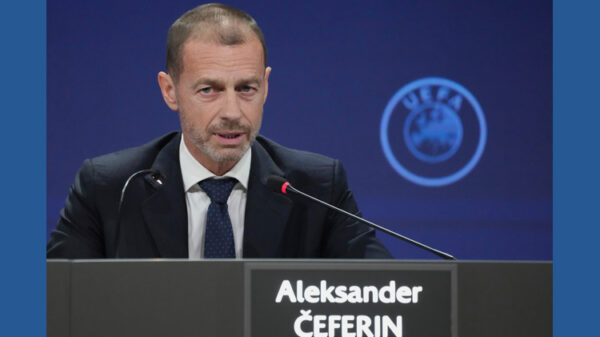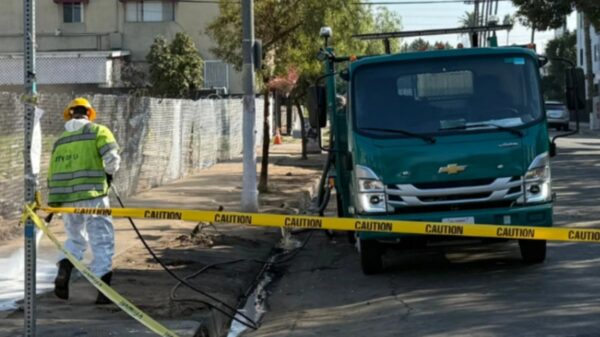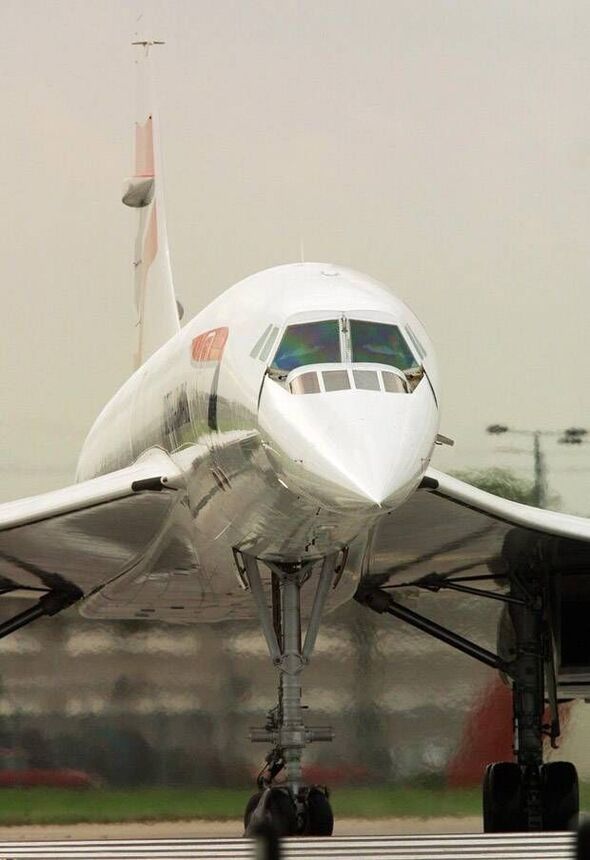On July 25, 2000, tragedy struck when Air France Flight 4590, a Concorde aircraft, crashed into a hotel in Gonesse, France, killing 113 people. The flight was en route from Roissy-Charles de Gaulle airport to New York when it encountered catastrophic engine failure shortly after takeoff. The incident’s chilling details have resurfaced following the release of transcripts from the cockpit voice recorder, revealing the final words of Captain Christian Marty.
Last Moments in the Cockpit
Just over a minute after being alerted to a fire on board, Captain Marty uttered his last words: “Too late… no time.” Following this, the co-pilot urgently communicated with air traffic control, stating: “Le Bourget, Le Bourget. Negative; we are trying Le Bourget.” The recording abruptly ended 16 seconds later, leaving listeners to ponder the desperate situation the crew faced.
Prior to this, the Paris control tower had informed the crew of the flames behind them, illustrating the gravity of the situation. As the aircraft struggled to gain altitude, the crew received alarming updates, including, “Breakdown eng… Breakdown engine two.” Despite their efforts to reach Le Bourget Airport for an emergency landing, the aircraft was unable to recover from the critical failures.
Investigations and Findings
In the aftermath of the crash, investigations revealed that a tire burst had initiated a series of catastrophic events. Investigators confirmed that a small metal strip, likely from another aircraft, had punctured the Concorde’s tire during takeoff. This led to a fuel leak, igniting a fire that engulfed the aircraft.
The official report stated, “The accident shows that the destruction of a tire… had catastrophic consequences in a short period of time.” The crew lost power in one engine and faced severe difficulties in controlling the aircraft. Tragically, all passengers and crew members on board perished, along with four individuals on the ground.
Following the disaster, Air France grounded its remaining Concorde fleet, and British Airways, the only other operator of the aircraft, ceased operations three weeks later. The crash not only marked a devastating loss of life but also signaled the end of an era for the iconic supersonic jet.
This incident has raised questions about airline safety and emergency protocols. A similar investigation in April 2023 exonerated both Air France and Airbus in a separate crash that claimed 228 lives, which was attributed to pilot error. The distinction between these incidents highlights the complexities of aviation safety and the challenges faced by crews in emergency situations.
The legacy of the Concorde continues to evoke strong emotions, particularly as the aviation community reflects on the lessons learned from such tragedies. As families and loved ones remember the victims of the Flight 4590 disaster, the importance of stringent safety measures in aviation remains a paramount concern.









